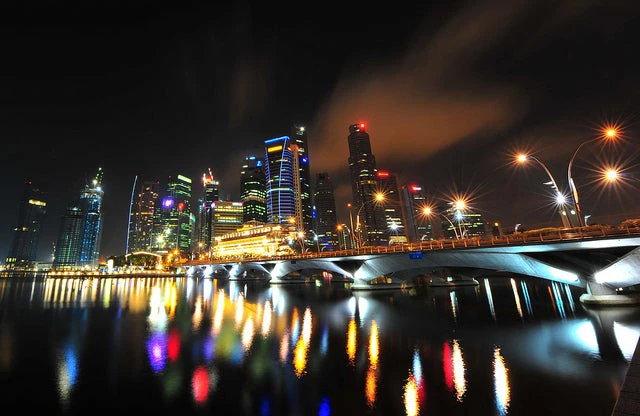We all know that the quality of the air we breathe has an immense impact on the health of the people and the economies of developing countries. Poor air quality can also threaten the economic competiveness of cities. Increasingly global companies consciously chose to locate in livable cities. We’re already seeing that in Asia. A 2006 survey by the Hong Kong’s Chambers of Commerce showed that worsening air quality was beginning to affect investment decisions of corporations.

Combating air pollution is one area where it is possible to capture important co-benefits with respect to climate change. By taking specific measures, we can simultaneously achieve local health and welfare benefits (including related to air quality) while also reducing greenhouse gas (GHG) emissions. While it is important to strive for a global deal on climate change, there are a number of things that cities can do in the interim to simultaneously reduce local environmental impacts and reduce carbon emissions. And by demonstrating on the ground some things that can work in this regard, cities can position themselves to access any global carbon financing that might become available as part of a global deal.
As part of its Urban Strategy, which we launched in Singapore a year ago, the World Bank is implementing the Eco2 Cities Program. Through this program, participating cities can develop a baseline diagnosis of their current emission status and suggest measures such as improving technologies, better urban transport, and retrofitting infrastructure and buildings. Linking environmental health, energy efficiency, and livability concerns, cities are now considering how to build sustainability into future planning. Renewed emphasis on public transit, higher density, energy-efficient buildings, and better facilities management can contribute to city development objectives while reducing a city’s greenhouse gas emissions and improving air quality.
Broadly, in the energy sector, there are also important co-benefits. A recent study by the World Bank concluded that East Asia can stabilize CO2 emissions by 2025 and at the same time improve the local environment and enhance energy security. But this will require major domestic policy reforms. Fossil-fuel subsidies need to be removed. Environmental externalities need to be internalized into energy prices. Scaling up renewable energy will require financial incentives including concessional finance to reach its potential.
There is now a widespread interest in green growth and green financing across the Asia region. At the World Bank – Singapore Infrastructure Financing Summit where I also participated last week, we discussed how to jumpstart the financing of green infrastructure initiatives. The World Bank, together with AusAID, will shortly launch a large piece of analytic work on Green Growth and Green Financing.
There was wealth of knowledge and best practices available at both conferences. I am sure many more cities will be able to learn from each other and also follow some of the Singaporean examples to make their cities more livable while simultaneously reducing their carbon footprint.


Join the Conversation